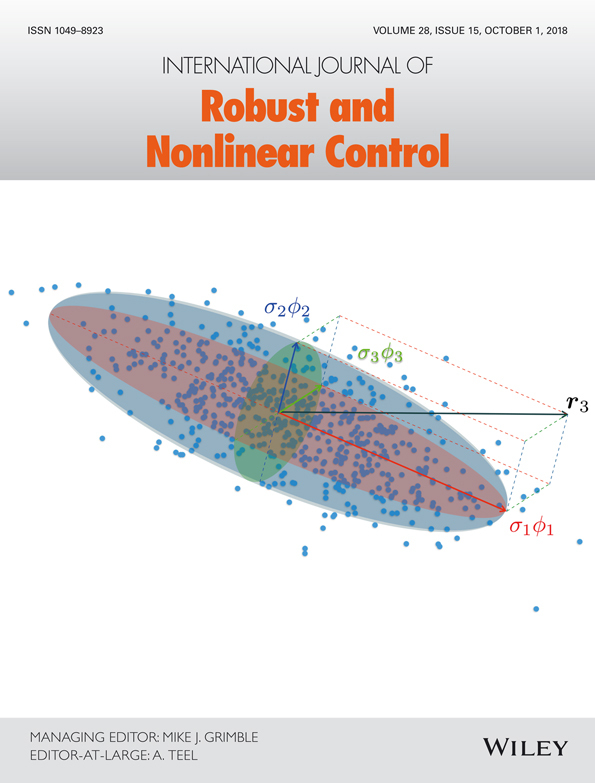Mesh adaptation in direct collocated nonlinear model predictive control
Summary
Direct methods are often deployed to solve nonlinear model predictive control problems where the optimal control problem is first transcribed into a nonlinear program and then solved to obtain the control input. This makes the computational cost of direct methods nontrivial; however, efficiencies can be gained by utilizing adaptation methods during transcription. Goal-oriented a priori error estimation is used as an adaptation strategy. Unlike other strategies, the refinement is directly related to the cost function. Therefore, refinement only occurs where it is needed with respect to the cost function. Two examples are presented and an improvement of up to 50% in the computational time is observed with no degradation in the closed-loop performance.




